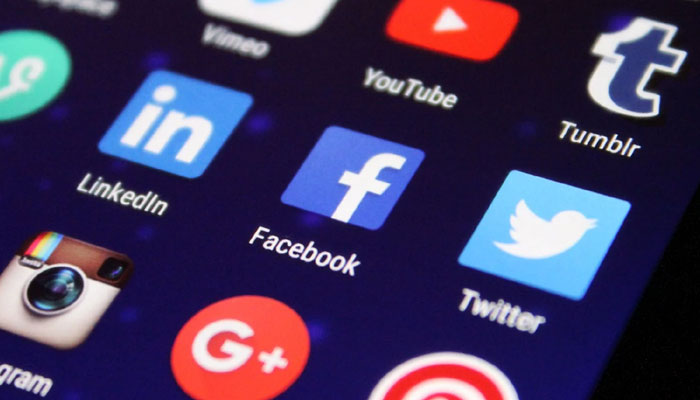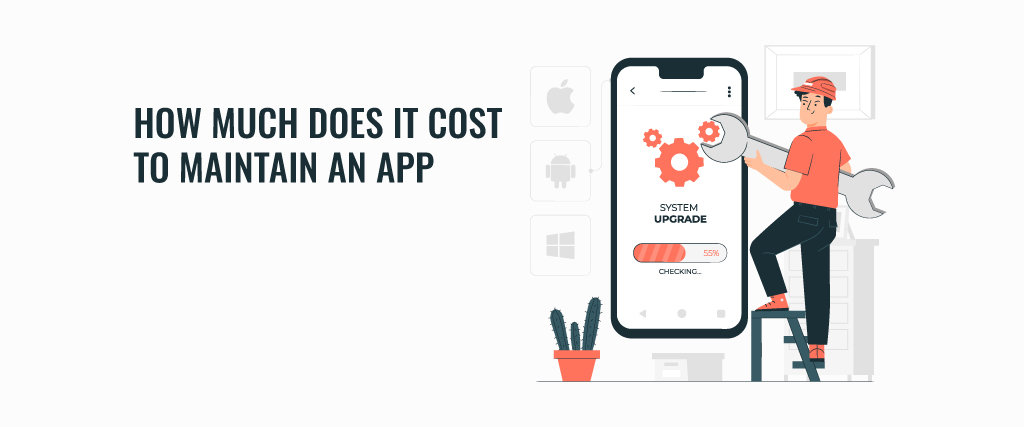Facebook Data of Users: According to latest biannual Transparency Report, the Indian Government has sent 26,698 queries about user’s data for 39,664 users or accounts. The figures were up 4,014 from 22,684 requests in the first half of the 2019 period.
Among the 26,698 requests, 24,944 were legal requests and 1,754 were emergency requests from India. According to Facebook, in 57% of cases, some data was produced.
Facebook Data of Users

The US tops the list by requesting 51,121 queries for 82,321 users/accounts, and some data was produced in 88% of cases. Once again, the Indian government was second in the list after the US in requesting Facebook for access to users’ data.
Government requests for user data increased by 9.5% from 1,28,617 to 1,40,875 globally in the last six months of 2019. In the list, the United Kingdom, Germany, and France followed the United States and India.
Chris Sonderby, VP and Deputy General Counsel at Facebook said, “In the US, we received 51,121 requests, an increase of 1% compared to the first half of 2019. Of all US requests, 67% included a non-disclosure order prohibiting Facebook from notifying the user.”
There has been a rise in the request from the Indian government to retain account details too, pending receipt of formal legal proceedings.
In the period of July-December 2019, India asked to preserve 2,500 accounts, from 2,200 previous account requests in the Jan-June period.
Facebook said, “When we receive a preservation request, we will preserve a temporary snapshot of the relevant account information but will not disclose any of the preserved records unless and until we receive formal and valid legal process.”
According to Facebook, they scrutinize every request they get from the government to make sure it is legally valid, no matter the request came from which government. The company does not provide governments with ‘back doors’ to people’s information. Also, if the request appears to be deficient or overbroad, then it is not fulfilled.
Globally, during this reporting period, there was a decrease in the volume of content restrictions based on local law by 11% from 17,805 to 15,826.
Facebook said Russia, Pakistan, and Mexico were accounted for about half of the total global content restrictions.
India saw 841 pieces of restricted content.
“We have identified 45 Facebook service disruptions in 6 countries during this reporting period, compared with 67 disruptions in 15 countries in the first half of 2019,” Sonderby said.
Also, according to Facebook, it took down about 31.39 lakh pieces of content based on 5.76 lakh copyright reports; 2.84 lakh pieces of content based on 1.37 trademark reports, and 11.41 lakh pieces of content based on 77 thousand counterfeit reports during the said period.
The company said it has continued to expand its proactive hate speech detection technology to more languages and strengthened its existing detection systems.
Facebook said, “As a result, we are able to find more content and can now detect almost 90 percent of the content we remove before anyone reports it to us. In addition, thanks to other improvements we made to our detection technology, we doubled the amount of drug content we removed in Q4 2019, removing 8.8 million pieces of content.”
Improvements in technology to detect and delete content similar to existing database violations have helped the company delete more child nudity and sexual abuse material on Facebook and Instagram, it added.
Among the 26,698 requests, 24,944 were legal requests and 1,754 were emergency requests from India. According to Facebook, in 57% of cases, some data was produced.
US tops the list by requesting 51,121 queries for 82,321 users/accounts, and some data was produced in 88% of cases.
Once again, the Indian government was second in the list after US in requesting Facebook for access to users’ data.
Government requests for user data increased by 9.5% from 1,28,617 to 1,40,875 globally in the last six months of 2019. In the list, the United Kingdom, Germany, and France followed the United States and India.
Chris Sonderby, VP and Deputy General Counsel at Facebook said, “In the US, we received 51,121 requests, an increase of 1% compared to the first half of 2019. Of all US requests, 67% included a non-disclosure order prohibiting Facebook from notifying the user.”
Read More:
- FACEBOOK’S WHATSAPP FACES ANTITRUST ACCUSATION BY INDIA
- FACEBOOK HAS BOUGHT 9.99% SHARES IN RELIANCE JIO. HOW CAN THIS IMPACT THE INDIAN INTERNET INDUSTRY?
There has been a rise in the request from the Indian government to retain account details too, pending receipt of formal legal proceedings.
In the period of July-December 2019, India asked to preserve 2,500 accounts, from 2,200 previous account requests in the Jan-June period.
Facebook said, “When we receive a preservation request, we will preserve a temporary snapshot of the relevant account information but will not disclose any of the preserved records unless and until we receive formal and valid legal process.”
According to Facebook, they scrutinize every request they get from the government to make sure it is legally valid, no matter the request came from which government. The company does not provide governments with ‘back doors’ to people’s information. Also, if the request appears to be deficient or overbroad, then it is not fulfilled.
Globally, during this reporting period, there was a decrease in the volume of content restrictions based on local law by 11% from 17,805 to 15,826.
Facebook said Russia, Pakistan, and Mexico were accounted for about half of the total global content restrictions.
India saw 841 pieces of restricted content.
“We have identified 45 Facebook service disruptions in 6 countries during this reporting period, compared with 67 disruptions in 15 countries in the first half of 2019,” Sonderby said.
Also, according to Facebook, it took down about 31.39 lakh pieces of content based on 5.76 lakh copyright reports; 2.84 lakh pieces of content based on 1.37 trademark reports; and 11.41 lakh pieces of content based on 77 thousand counterfeit reports during the said period.
The company said it has continued to expand its proactive hate speech detection technology to more languages and strengthened its existing detection systems.
Facebook said, “As a result, we are able to find more content and can now detect almost 90 percent of the content we remove before anyone reports it to us.
In addition, thanks to other improvements we made to our detection technology, we doubled the amount of drug content we removed in Q4 2019, removing 8.8 million pieces of content.”
Improvements in technology to detect and delete content similar to existing database violations have helped the company delete more child nudity and sexual abuse material on Facebook and Instagram, it added.
























